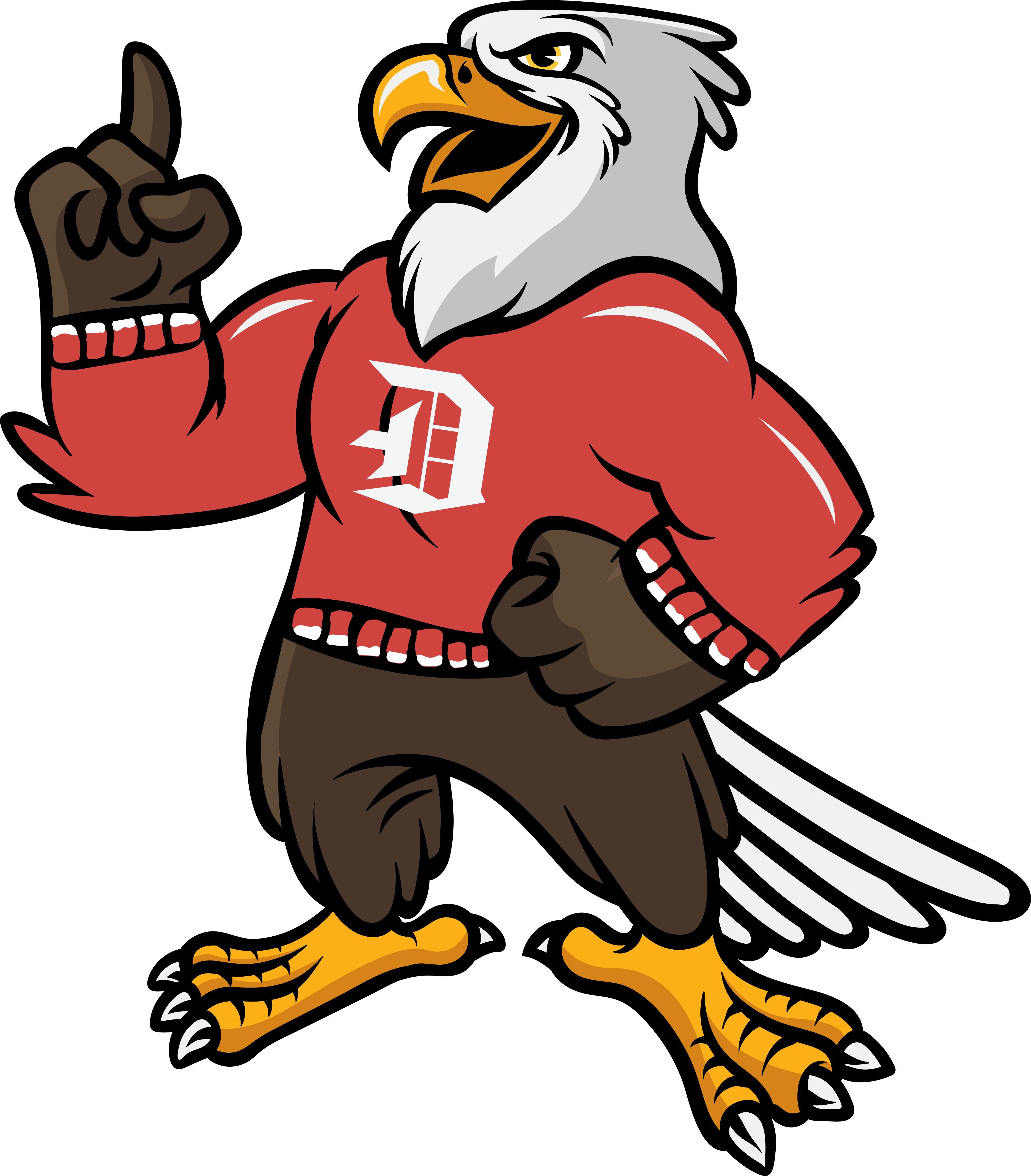State Resources
The Texas Dyslexia Handbook: Frequently Asked Questions (FAQ)
This document represents frequently asked questions (FAQs) received by the Texas Education Agency (TEA) in relation to the State Board of Education’s (SBOE’s) Dyslexia Handbook: Procedures Concerning Dyslexia and Related Disorders, 2024 Update (Handbook).
Dyslexia and Related Disorders Information for Parents
This resource from the Texas Education Agency includes information about:
-
-
- Characteristics of Dyslexia and Related Disorders
- Evaluation and Identification
- Effective Instructional Strategies
- Components of Instructional Delivery
- Instructional Accommodations and Modifications
-
Texas Education Agency Dyslexia Fact Sheet
Dyslexia is a language-based learning disability. Student with dyslexia usually experience difficulties with other language skills such as spelling, writing, and pronouncing words. Dyslexia affects individuals throughout their lives; however, its impact can change at different stages in a person’s life. It is referred to as a learning disability because dyslexia can make it very difficult for a student to succeed academically in the typical environment, and in its more severe forms, will qualify a student for special education, special accommodations, and extra support services.
Dyslexia Awarness
About 13–14% of the school population nationwide has an eligible disability condition that qualifies them for special education. Current studies indicate that one half of all the students who qualify for special education are classified as having a specific learning disability (SLD) (6–7%). About 85% of those students have a primary learning disability
in reading and language processing. Nevertheless, many more people—perhaps as many as 15–20% of the population as a whole—have some of the characteristics of dyslexia, including slow or inaccurate reading, poor spelling, poor writing, or mixing up similar words. These students will need a Full Initial Individual Evaluation (FIIE) to qualify for special education and likely to benefit from specifically designed instruction (SDI).
Dyslexia occurs in people of all backgrounds and intellectual levels. People with dyslexia can be very bright. They are often capable or even gifted in areas such as art, computer science, design, drama, electronics, math, mechanics, music, physics, sales, and sports. In addition, dyslexia runs in families; parents with dyslexia are very likely to have children with dyslexia.
Dyslexia Risk Factors
The problems displayed by individuals with dyslexia involve difficulties in acquiring and using written language. It is a myth that individuals with dyslexia “read backwards,” although spelling can look quite jumbled at times because students have trouble remembering letter symbols for sounds and forming words. Other problems experienced by people with dyslexia include the following: learning to speak; learning letters and their sounds; organizing written and spoken language; memorizing number facts; reading quickly enough to comprehend; persisting with and comprehending longer reading assignments; spelling; learning a foreign language; and correctly doing math operations. Not all students who have difficulties with these skills have dyslexia. Formal educational testing of reading, language, and writing skills is the only way to confirm a diagnosis of suspected dyslexia.
Parent Resources
Bookshare
Bookshare is an accessible online library which has over 500,000 titles available to individuals with print disabilities. Through an award from the U.S. Department of Education Office of Special Education Programs (OSEP), Bookshare offers free memberships to U.S. schools and qualifying U.S. students.
Learning Ally
Learning Ally has 80,000 + human-narrated audio books available to individuals with print disabilities. The materials can be delivered through internet downloads and accessed using various mainstream and assistive technology devices. Through a contract with TEA, Learning Ally offers free memberships to Texas K-12 public and charter schools with qualifying students.
The Talking Book Program
The Talking Book Program (TBP) provides free library services to qualifying Texans with visual, physical, or reading disabilities. TBP is part of the National Library Service to the Blind and Print Disabled, a program administered by the Library of Congress. The TBP collection consists of more than 100,000 titles, including hundreds of titles in Spanish.
https://www.tsl.texas.gov/tbp/index.html
International Dyslexia Association (IDA)
International Dyslexia Association (IDA) is an international non-profit education and advocacy organization devoted to issues surrounding dyslexia.


